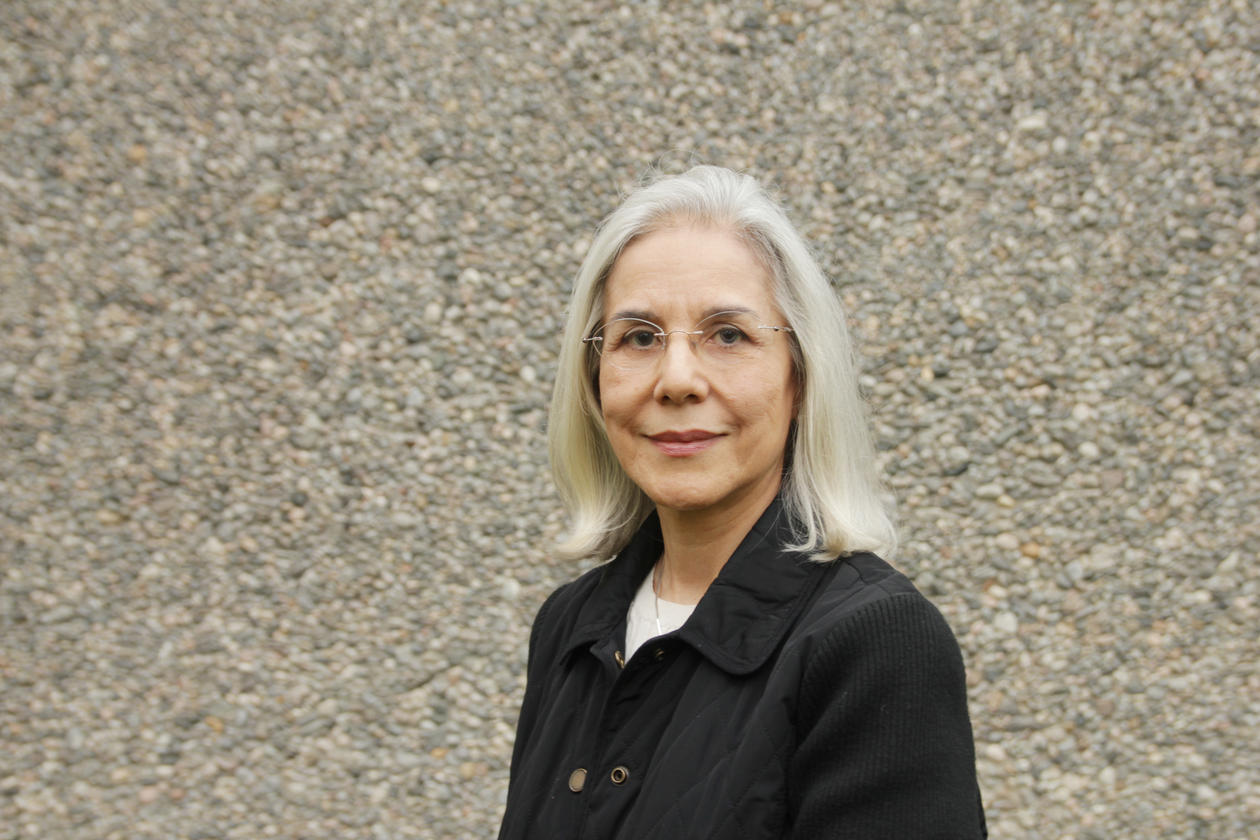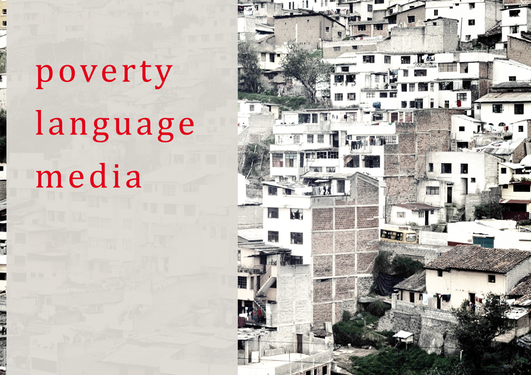Media language slows down fight against poverty
Latin American newspapers use a technical language when describing poverty. According to researcher Ana Beatriz Chiquito, this makes it more difficult to understand the causes and effects of poverty.

Hovedinnhold
Associate Professor Ana Beatriz Chiquito at the Department of Foreign Languages at the University of Bergen (UiB) is doing research on how poverty is conveyed in Latin American newspapers. She has analysed how poverty was portrayed in the 12 biggest newspapers in Argentina, Brazil, Colombia and Mexico, between the years 2000 and 2014.
“So far, the study shows that these newspapers use a complex and technical language when they are dealing with poverty, both in Spanish and Portuguese. They also discuss the phenomenon poverty in an abstract manner, rather than talking about the poor on their own terms,” says Ana Beatriz Chiquito.
The project is called Poverty, Language, and Media – the Cases of Argentina, Brazil, Colombia, and Mexico, or PoLaMe for short. (See FACTS for more information).
“This tendentious coverage makes it more difficult to understand what poverty really is and how it affects individuals,” says the linguistics researcher.
Importing the language of poverty
The four chosen countries in the study have the largest number of citizens in Latin America, and dominate the continent’s economy and politics. They also have big media companies with impact on the opinion.
Chiquito and her colleagues discovered that the biggest newspapers in the four countries use a language imported from over supranational organisations, such as the UN, who describe poverty in numbers and parameters.
“This import of a specific language and impenetrable expressions is probably caused by the fact that poverty is both a complex and sensitive subject,” Chiquito believes.
“The problem is that when the human aspect is gone, it is also more difficult to understand poverty and to fight its causes.”
Language gives hope
Chiquito was motivated to do the language study by a previous project she and colleagues had conducted, Linguistic Identity and Attitudes in Spanish-speaking Latin America (LIAS). In another project (NOMA), Chiquito saw that the young people of Bolivia always presented themselves as poor, and that it was used to explain a long range of situations.
“We see some of the same in Norway, but with wealth instead of poverty. “We are so rich in Norway”, we say and use it as an explanation for everything,” says Chiquito.
“When people hear they are poor and use it as an explanation for many situations, in the end it is perceived as a natural condition. This stereotype is sustained by society in general and by the poor themselves. This means it can be harder to get out of the situation and find opportunities to escape poverty,” Chiquito points out. s
She hopes that the new research project, which ends in 2017, will contribute to a clearer language in Latin American medias, so that the poor get involved in the language on poverty, and so becomes a language that presents opportunities to solve the problems of poverty better than the media language does today.
“Few countries in Latin America have had such a big project as the Norwegian “Klart språk i staten”, even if the focus on norms of language are strong in these newspapers,” says Ana Beatriz Chiquito, who is hoping that the project will lead to debates and more comprehensible language to fight poverty in the large and powerful Latin American media.

